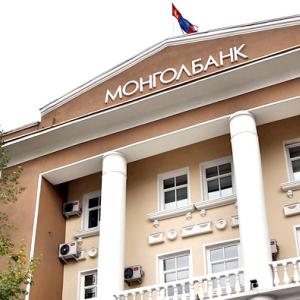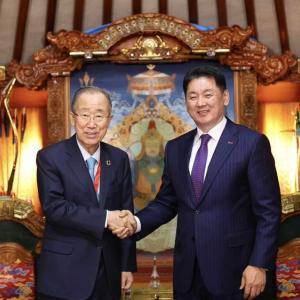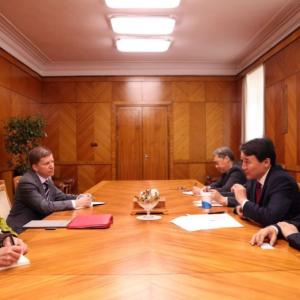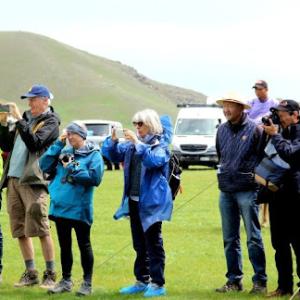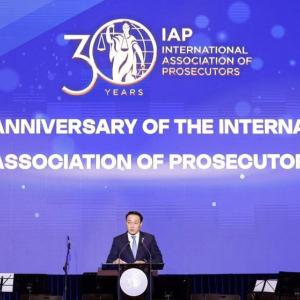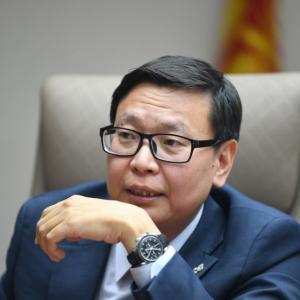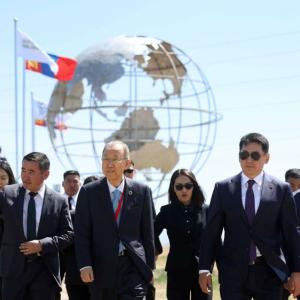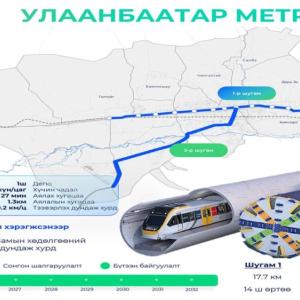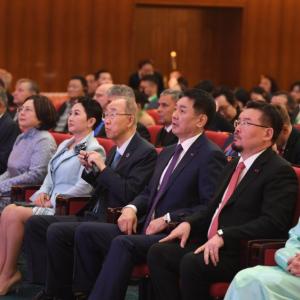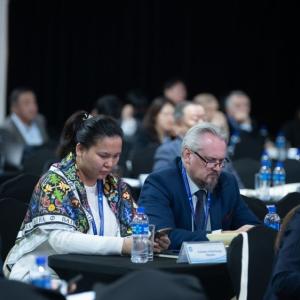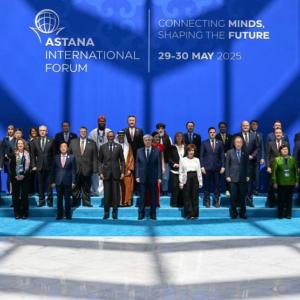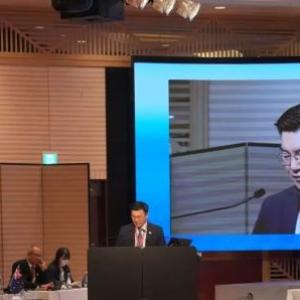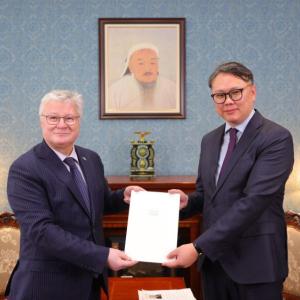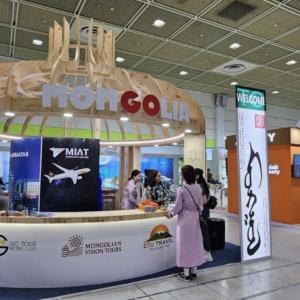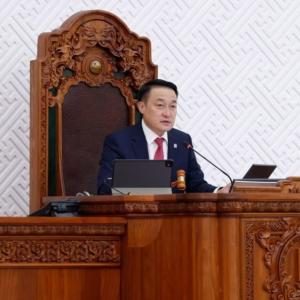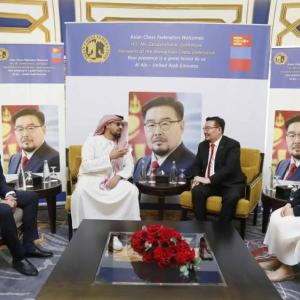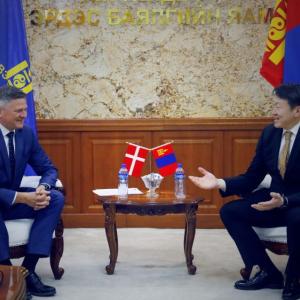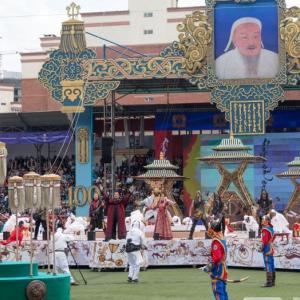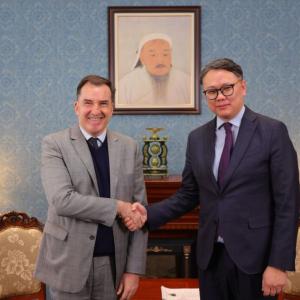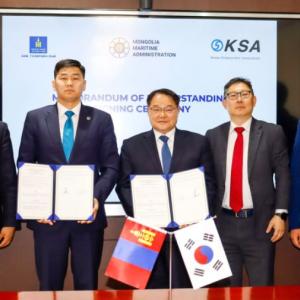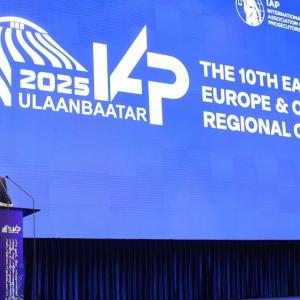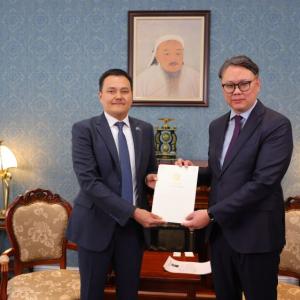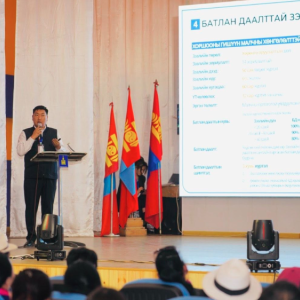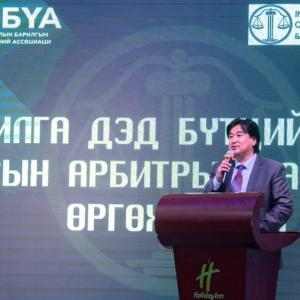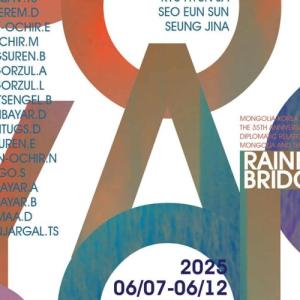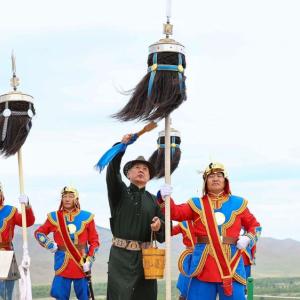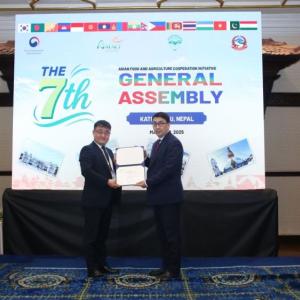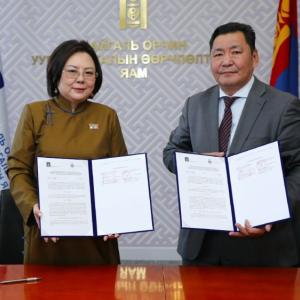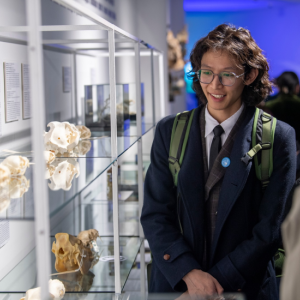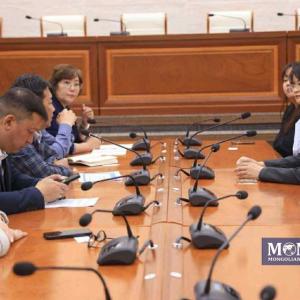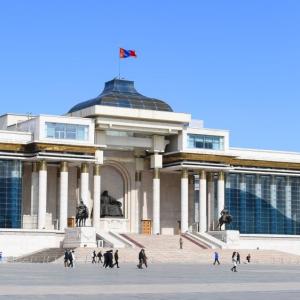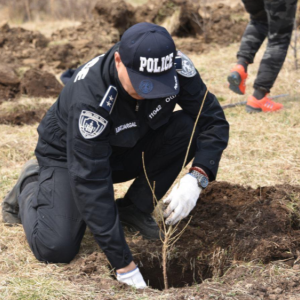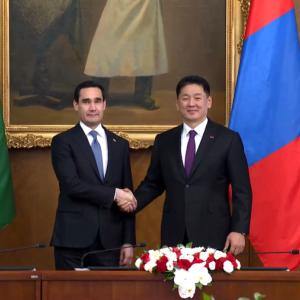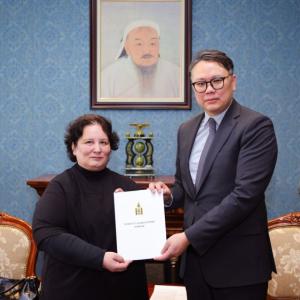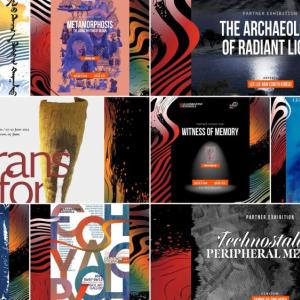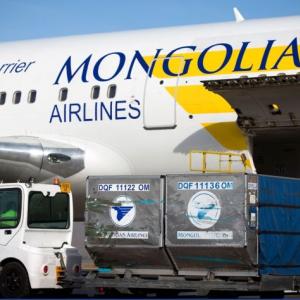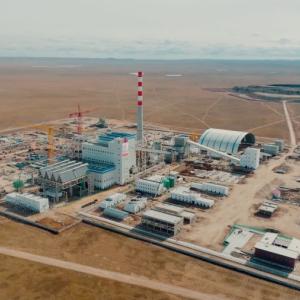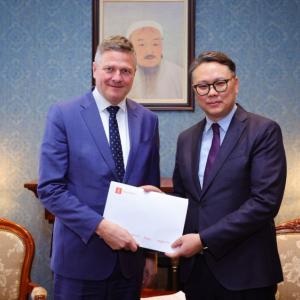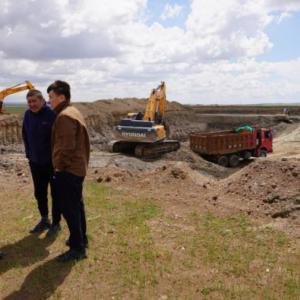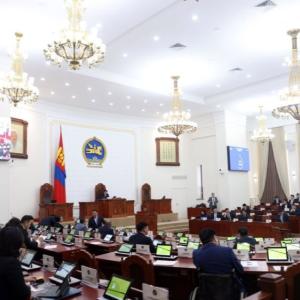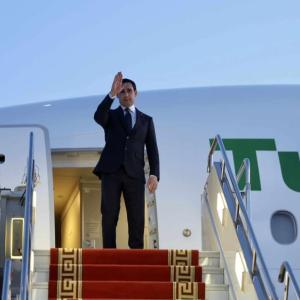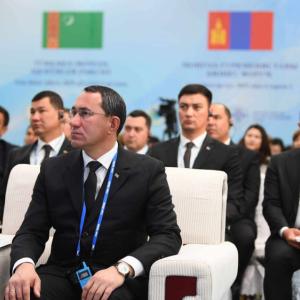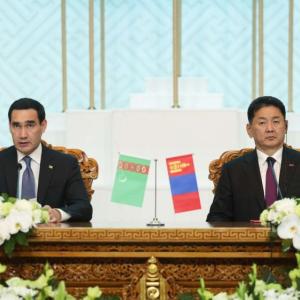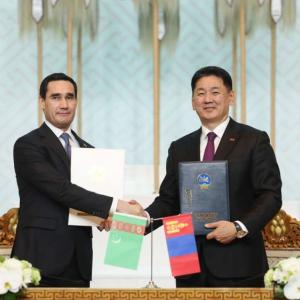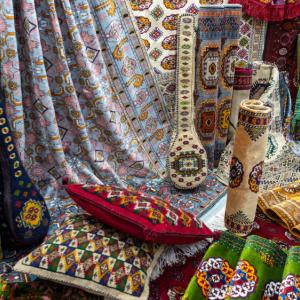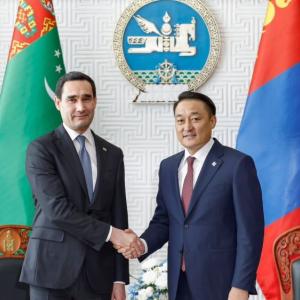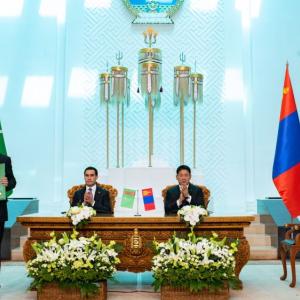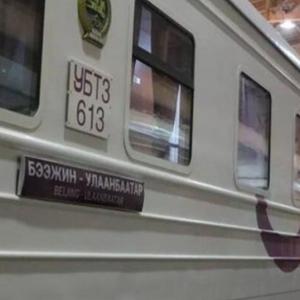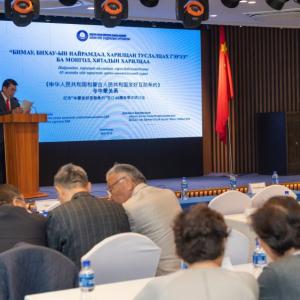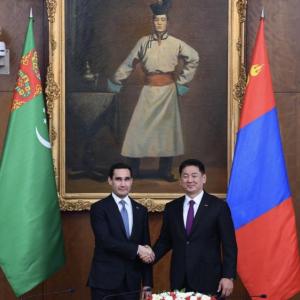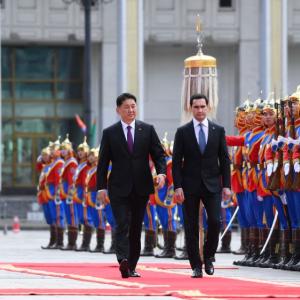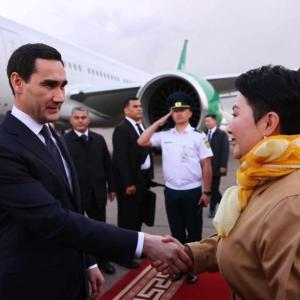New SPEAK survey reveals political parties most corrupt in Mongolia
SocietyUlaanbaatar /MONTSAME/ The Asia Foundation, in collaboration with Sant-Maral Foundation, released Wednesday the results of its 17th Survey on Perceptions and Knowledge of Corruption (SPEAK) in Mongolia, a nationwide survey of citizens in rural soums, aimags, and the capital city of Ulaanbaatar.
The SPEAK survey is an integral part of the Strengthening Democratic Participation and Transparency in the Public Sector in Mongolia (STEPS) project implemented by The Asia Foundation, generously supported by Global Affairs Canada.
Building on an earlier semi-annual benchmarking survey under The Asia Foundation’s previous anti-corruption projects, the SPEAK survey presents important nationwide perceptions of corruption at the household level, captures data on citizens’ perceptions of corruption, their actual experience of corruption at the household level, and grand corruption.
Conducted in March 2016, the 2016 SPEAK survey conducted interviews with 1,360 households in eight districts of Ulaanbaatar and in 24 soums of six aimags. The survey revealed that corruption remains a major problem and more than 65 percent of respondents indicated that corruption is a common practice in Mongolia. Political corruption is emerging as a strong concern. For the first time since 2006, political parties topped the list of most corrupt institutions. Until this year, the land authority had continuously led the ranking. Similar to 2015 findings, three political institutions are ranked in the top five most corrupt: political parties, parliament, and the national government. Perceptions of these three institutions have steadily increased since the March 2010 survey. The survey’s longitudinal design provides long-term analysis on changes and trends in perceptions and attitudes, and new information on citizen views on grand corruption.
SPEAK is one of a few regular, nationwide surveys in Mongolia, and its results are widely cited and used by civil society and government organizations. Tserenjav, Head of the Partnership for Transparency Initiative states: “The survey reveals citizens’ perceptions and actual experience of corruption at the household level as well as knowledge of administrative practices and grand corruption. Thus, it serves as an effective tool for civil society groups to raise awareness and educate the public.”
Under the STEPS project, a series of surveys will be conducted in the education and law enforcement sector to provide a comprehensive view and analysis of corruption in Mongolia. The Asia Foundation since 2012 has also conducted the Study of Private Perceptions of Corruption (STOPP) to better understand the perceptions of private sector actors. The Foundation believes that the various empirical research contributes to important discussions on issues of transparency, accountability, and corruption in Mongolia.
SPEAK Survey 2016 key findings:
Similar to 2015, more than half of the respondents said that corruption has increased over the past three years (59 percent in 2015, 58.8 percent in 2016). Optimism about the next three years has grown, however.
A quarter of respondents in 2015 indicated corruption would decrease in the next three years (24.4 percent) compared to one-third of respondents in 2016 (34.9 percent).
The most valued anti-corruption initiatives are the “introduction of new technology” to limit human interference and the “transparent accounting law.”
Almost half of the population (48.1 percent) have difficulty estimating the impact of grand corruption.
The average size of petty corruption bribes paid by Mongolian households has increased from 277,000 MNT in March 2015 to 336,000 MNT in March 2016.
Respondents working in the private and non-government sectors report higher levels of unfair treatment from state institutions than respondents working in state offices and state service.
In conjunction with the release of the SPEAK survey findings, The Asia Foundation, in collaboration with the IAAC launched the www.khamtdaa.mn website, an updated one-stop portal on corruption information for citizens. The website was previously funded by USAID and Mercy Corps in 2012. The Asia Foundation and the IAAC redeveloped and redesigned the website for all major organizations working on anti-corruption to provide updates on a wide range of public awareness, advocacy information, and important research on fighting corruption. The website provides interactive and user-friendly content and information for citizens, including a built-in option to allow for sorting and filtering the contents by time, organization and type.

 Ulaanbaatar
Ulaanbaatar
